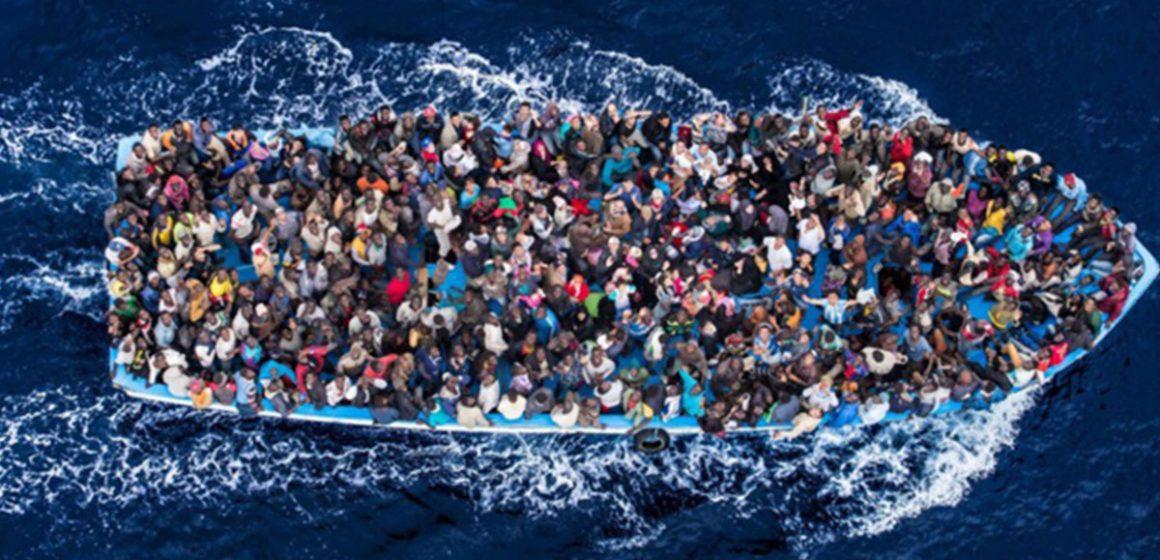
The German Development Minister inaugurated a third immigration center, in the West African country of Nigeria, as part of a series of new immigration centers, with the aim of reducing irregular immigration and providing advice and guidance to people who want to work in Germany.
German Federal Minister for Economic Cooperation and Development Svenja Schulze visited the Nigerian capital, Abuja, on Tuesday, February 6, and inaugurated a new “immigration center” in the city of Nyanya, near the capital, according to the “InfoMigrants” website.
The new facility is Germany’s third immigration center in Nigeria, as there are two other centers in Benin City and Lagos.
During the inauguration of the center, Schulze made a statement, according to a press release issued by the ministry, in which she said, “Nigeria has an interest in opening legal routes for labor migration. We want to further reduce illegal migration. Working together will be successful, especially when we provide the right information to people. There are many enthusiastic young people in Nigeria who are thinking about emigrating. We aspire to cooperate with Nigeria and reach these people and help them so that they can make the best decisions for their future, and not on the basis of fake news or unrealistic expectations.”
She explained that the center has two main tasks, the first is to provide advice to Nigerians wishing to find work in Germany. Second, to provide support to Nigerians who had to leave Germany because their visas expired or were rejected.
Support for returnees is an important part of migration policies in many European countries. They are often written into agreements signed with migrants’ countries of origin, to facilitate returns. The immigration centers are part of Germany’s own strategy to sign more return agreements with various countries around the world.
The press release issued by the Federal Ministry for Economic Cooperation and Development explained that German language training and courses will also be provided at the center, and that staff will work to educate potential migrants about the dangers of clandestine migration routes to Europe.
The center will also help introduce people to the types of skills necessary to obtain vacant jobs in Europe, and also give them appropriate training to obtain available jobs in Nigeria, according to the ministry’s press release.
Nigeria, with a population of more than 220 million, is the largest country in Africa in terms of population, and the number is growing steadily. The United Nations expects Nigeria’s population to double to about 400 million by 2050.
Germany has established similar immigration centers in Egypt, Ghana, Iraq, Morocco, Pakistan, Tunisia and Jordan. Media outlets reported that preparations have also begun to establish another similar center in Indonesia.
While in Nigeria, Minister Schulze expressed her hope to address several important issues with her counterparts, including the recent military coups in Nigeria’s neighboring countries, Mali, Niger and Burkina Faso.
During her visit, Schulze met with the President of the Economic Community of West African States, Oumar Touray, in Abuja. Niger, Mali and Burkina Faso are among the poorest countries in the world. The new military regimes in these countries also sought to distance themselves from the West, especially from France, their former colonizer, but by distancing themselves from the West, they became closer to Russia.
The three countries, especially Niger, are seen as transit countries for migrants, most of whom are from Nigeria and West African countries such as Senegal, Ivory Coast, Guinea and Gambia. This is one of the main reasons why Western countries, such as Germany, work hard to try to mend bridges between neighbors and provide support to legitimate governments.
German Chancellor Olaf Scholz also previously visited Nigeria and the region for the same reasons towards the end of October 2023.
Scholz said in a press statement at the time, “The solution to global problems will depend more and more in the future on countries like Nigeria. At the same time, Nigeria will be of great importance to an export-dependent country like Germany.”





